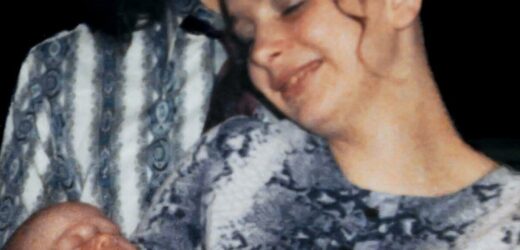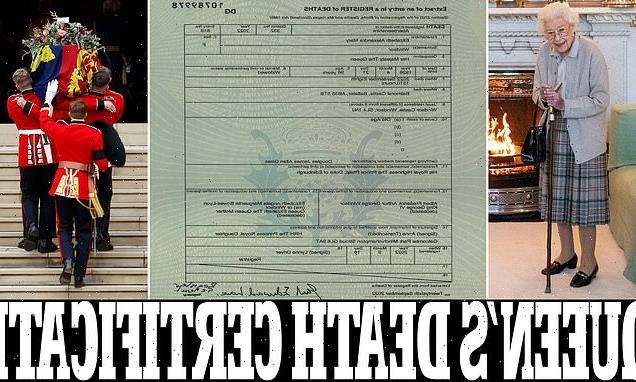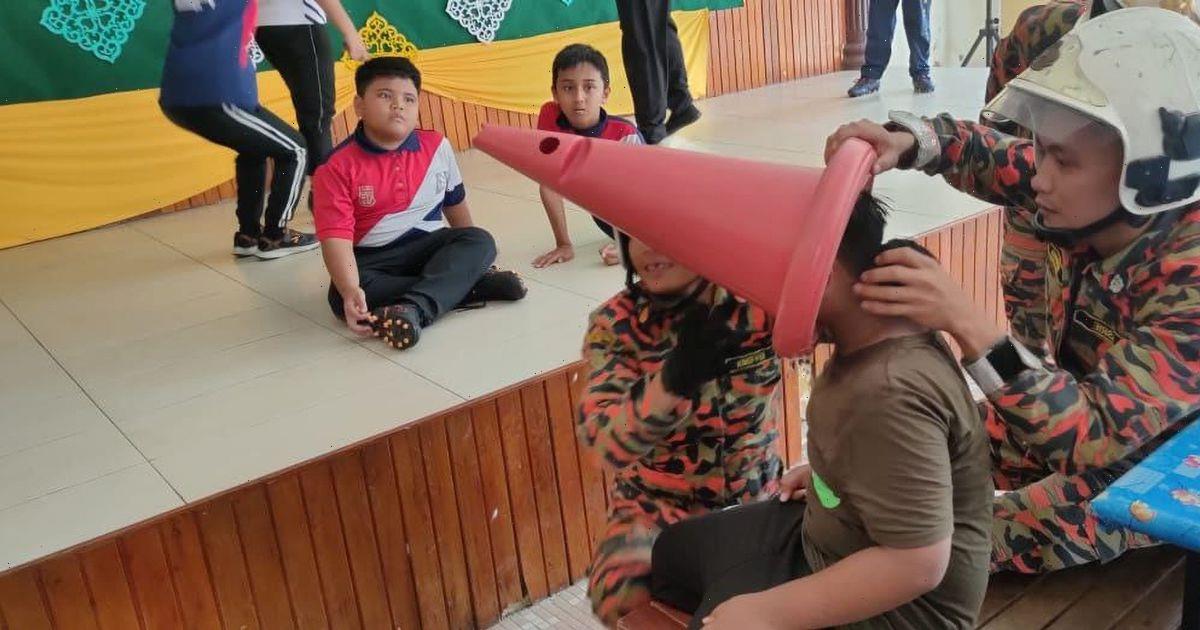We use your sign-up to provide content in ways you’ve consented to and to improve our understanding of you. This may include adverts from us and 3rd parties based on our understanding. You can unsubscribe at any time. More info
Michelle Pearson will never forget the sunny January day when she said goodbye to her four-week-old son Tim. It was 1972 and, because she was an unmarried woman, Michelle had been deemed an unfit mother and coerced into forced adoption.
“I was 16 when my parents found out I was pregnant. They said I couldn’t stay with them if I had a child. My convent school arranged for me to be sent away to a mother and baby home,” says Michelle, 67, a photographer and writer who lives in Hampshire with husband Stephen.
After I gave birth, the situation was dressed up as if I had a choice about adoption,” says Michelle. “But this was an illusion. Whenever I asked for information or support, no one came back to me. I was told what I was asking for would not be good for the baby. It was always ‘the’ baby and never ‘my’ baby.
“Eventually they wore me down into thinking I really was an unfit mother, and that adoption was what was best.”
” Tim was to be given to a married couple – and after bonding with her baby for four weeks, Michelle had to say goodbye. “I didn’t want to give him up, it was gut-wrenching,” she recalls. “My memory is hazy. In fact, the whole experience was so traumatic I’ve blocked most of it out. But I have a precious photograph of us – me, Tim and his father, also called Tim.
“There’s so much joy and love in my face. When I look at it I see I had everything it takes to be a mum.”
She remembers the last time she saw Tim. “He was tiny and beautiful. I desperately wanted to hold him close, but I wasn’t allowed.” Numb, Michelle returned home. “I had to go back to normal. I wasn’t supposed to reveal I’d been pregnant or talk about the grief I felt, or the horror and shame. I had to act like none of it had ever happened,” she says.
“Some mothers didn’t even get to say goodbye – they were told their baby was being put in the nursery and they could see them later – but that later never came. Others had a screen put up during birth – they never even saw their child.”
In the 1950s, 60s and 70s, an estimated 180,000 mothers in the UK suffered the same fate as Michelle. Coerced into giving up their babies shortly after birth, arrangements were made for adoption by the Government, charities and churches.
“Babies were removed from women not deemed ‘suitable’ and given to married couples,” says Veronica Smith, co-founder of the Movement for an Adoption Apology, who lost a daughter to adoption in 1965.
“Mothers were denied their babies and children were placed with strangers. Mother and baby homes, the Government, social services, some schools and the church were all complicit.”
She hopes all involved will receive an official Government apology. “We want someone to stand up and say, ‘What we did was wrong’,” says Veronica. “Forced adoption has an irreversible impact on mother and child, psychologically and practically.”
In July, the joint committee on human rights ( JCHR) published a report saying the practice “lacked humanity”.
Now MPs are calling on ministers to formally apologise to victims. Michelle was left with lasting trauma.
They down thinking an unfit and was “The moment I let Tim go, I shut down. Ever since, I’ve suffered severe anxiety and panic attacks, and have been agoraphobic,” she says.
After her forced adoption, she returned home to finish school. She broke up with Tim’s father, although the pair remained in touch in case their son ever came looking for them. After university, she began a career in computing and, while at work, in her early 30s, she met her partner Stephen. “He was kind, caring – we are soulmates,” she says.
The pair spoke about having children, but Michelle was hesitant. “I’d always thought that I should never have another child because of what I did to Tim,” she says.
Then one day, in 1999, a letter arrived that would change everything. “I just knew it was from Tim,” says Michelle. “I’d searched for him, and put my name on every register in the hope one day he’d look for me.
“I’d long made my peace with my parents. But after my mother passed away, I asked my father to write a letter on my behalf to the adoption agency. It was a last-ditch attempt.”
The result found its way to Michelle’s door. “My hands shook as I read the letter. After 28 years Tim [who had been renamed John and can’t be identified] wanted to meet.”
The pair were reunited in December 1999. “I couldn’t believe after all this time, there he was – my son,” says Michelle, who was then 45.
“It was bittersweet. Finally, he was here again in the flesh. But I’d missed 28 years of his life. I’d missed loving him, being his mum, his first steps, his first words. That is still painful.”
Michelle and John have remained close, meeting regularly. But they did so in secret until 2020 after John’s adoptive parents had died.
“There never seemed a right time to tell them,” explains Michelle. “It was hard for me. But I understood. John had to think of their feelings.”
Now Michelle says she finally feels like a mother. “There are no secrets, I can just be me. I’m a mother to John and a grandmother to his daughter. Simply going for lunch with them and John’s wife is the happiest of times.
But Michelle still holds a lot of anger. “I’ll never get those lost years back. But I’m one of the lucky ones, I finally got my son back,” she says.
“What’s more, I know now it wasn’t my fault – there was no real choice. I was treated with no compassion or love.”
wore me into I was mum adoption
Michelle hopes sharing her story will help other women receive an official apology.
“Like many I have suffered every day. Some to this day have still not told a soul what happened to them. I hope by shining a light on the forced adoption scandal this will change.”
*Interview by Hannah Britt
- Taken, by Michelle Pearson with Eve Hatton, the first book in the Stolen Lives series is out now (£9.99, Mardle Books)
Source: Read Full Article




